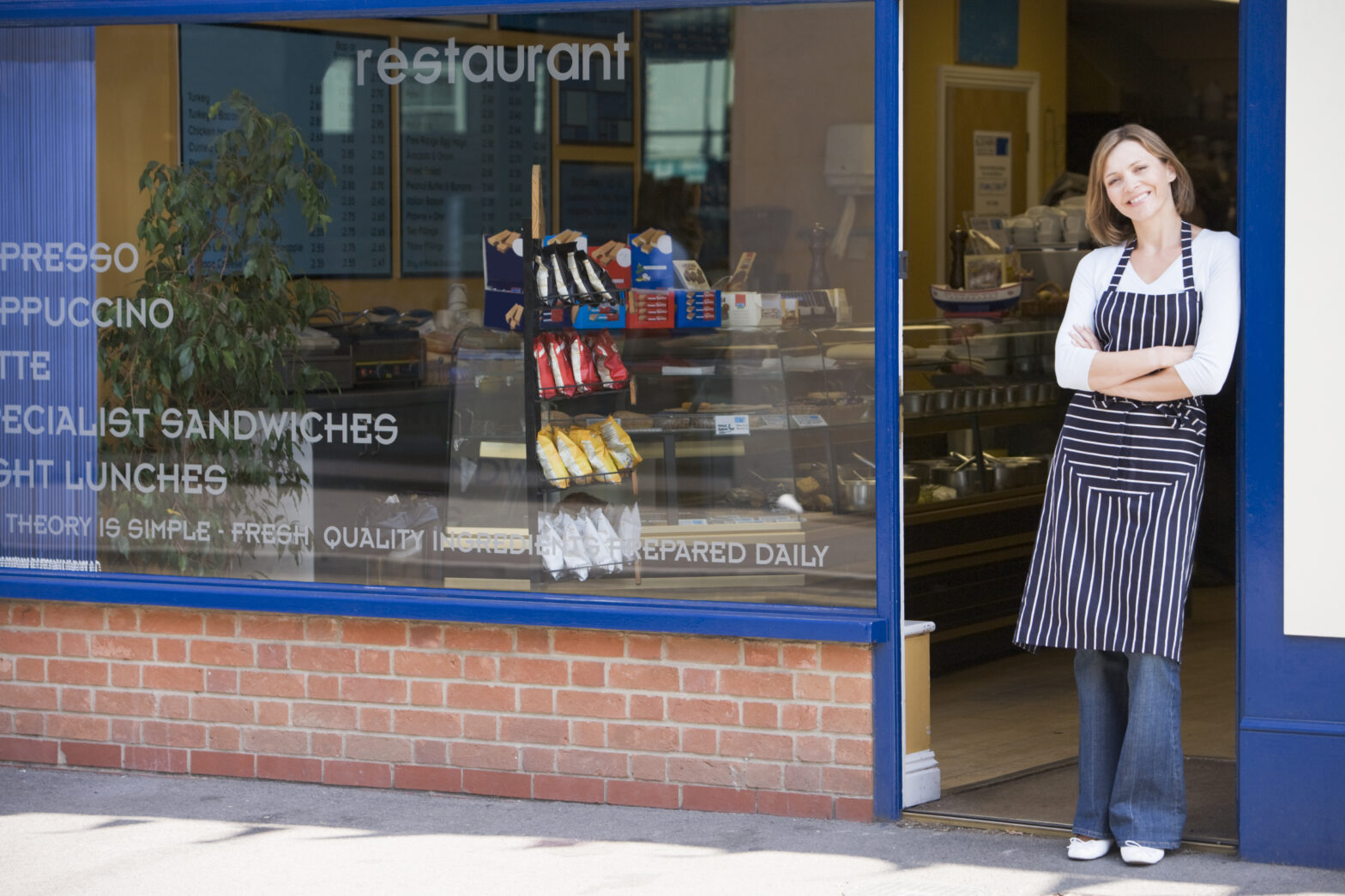Many companies don’t want to buy freehold premises, preferring to take a lease for a set number of years or ‘term’. Reasons for this preference include:
– Costs: Leasehold premises tend to be cheaper to buy and run;
– Need: Perhaps only one floor of a building is required. A floating freehold (i.e. freehold of a floor within a multi-floor building) may not seem attractive; and
– Freedom: The premises may be perfect for the current business needs, but perhaps it will downsize or upgrade in a few years’ time.
There are essentially two ways to acquire leasehold premises: buy an existing lease or enter in to a brand new lease.
Unfortunately, it is not as simple as saying ‘I’ll take that one’ and moving in the next day. Three things need to be achieved before you can collect the keys and set up shop: completion of legal documents; title investigation; and (where necessary) obtaining planning consent.
When looking for new premises, always remember to allow yourself plenty of time for each of these aspects. Don’t be caught out desperately trying to move in to new premises right at the end of your current lease. Your bargaining power in respect of the new premises will suffer, not to mention your business if you miss the deadline and lose your property.
Depending on whether you buy an existing lease or enter in to a new one, there are several documents that need to be negotiated and completed:
Buying an existing lease (‘Assignment’)
Agreement to Assign: This allows the current tenant to agree to assign the lease subject to certain conditions, such as obtaining landlord’s consent (see below). The purpose of this document is to give the assignee comfort; provided certain matters are resolved, they have a contractual right to buy the lease.
Deed of Assignment (unregistered lease)/Transfer (registered lease): This document effects the actual transfer of the lease from the current tenant to the assignee.
Licence to Assign: The lease is likely to contain a provision preventing its assignment without landlord consent. As such, the assignment is void unless a Licence to Assign which documents the Landlord’s consent is given.
Please note that if the lease that you are buying is granted out of another lease (i.e. is not granted out of the freehold), you are very likely to need the consent of the Superior Landlord, the people or person to whom the ownership of a property will revert to at the end of the lease, which must be documented in the Licence to Assign. Be warned that this will inevitably increase costs and cause delay.
Licence for Alterations: In most cases, the tenant will want to carry out work to render the premises suitable for its business. A Licence for Alterations documents how the work is to be carried out. Approved plans and specifications need to be attached to the licence.
Deed of Variation: The terms of the existing lease may not be appropriate for your proposed use of the premises. As such, you may need to enter into a Deed of Variation to change some of the lease terms; for example the user clause, rights granted etc.
Entering into a new lease
Agreement for Lease: Sometimes the landlord needs to build the premises out of which the lease will be granted. As such, an Agreement for Lease is needed to document how the work will be carried out and also to give the tenant a contractual right to take the new lease.
Lease: This governs what the tenant can and cannot do with the premises. You need to ensure that the lease allows you to do all those things that are essential to running your business like sharing with group companies or having the right to use certain signage.
Licence for Alterations: (see above).
Title Investigation
Your solicitor will need to investigate the title to the premises. This involves looking at title documents to see what restrictions and covenants burden the land, as well as checking that the premises have the benefit of all necessary rights, such as adequate rights of access. You won’t be pleased to find that your brand new premises don’t have a right of way from the road.
Searches will also be undertaken. The nature of the searches depends on the type of premises. They are important, revealing public matters that affect the property, as well as practical matters, such as whether or not the premises are connected to mains drainage. Searches can take a few weeks to come through and so, again, this delay must be factored in to your timescale.
Planning Permission
If you want to use the premises for something other than that which they have been used for before, it is very likely that you will need to obtain planning permission for the change of use.
The grant of planning permission can take weeks or even months. However, it is essential that the correct planning permission is in place otherwise the landlord could forfeit the lease and/or the local authority could demand that you return the premises to their previous use, rendering them useless to you.
As you can see, there are several obstacles that need to be successfully negotiated before you can open for trade in your new premises. If your current lease is due to expire, don’t get caught out in the cold. Look for new premises early and allow plenty of time for the negotiation of the documents, title investigation and obtaining of permissions or licences.
For more information on this area of law email Nicola Heaney on njh@sherrards.com or visit www.sherrards.co.uk
Sherrards is regulated by the Law Society. The information in this article is correct at the time of writing. Every care is taken in the preparation of this article. However, no responsibility can be accepted for any person who acts on the basis of information contained in it. You are recommended to obtain specific advice in respect of individual cases.





